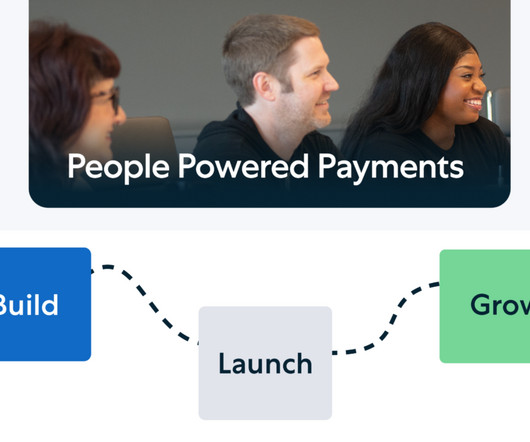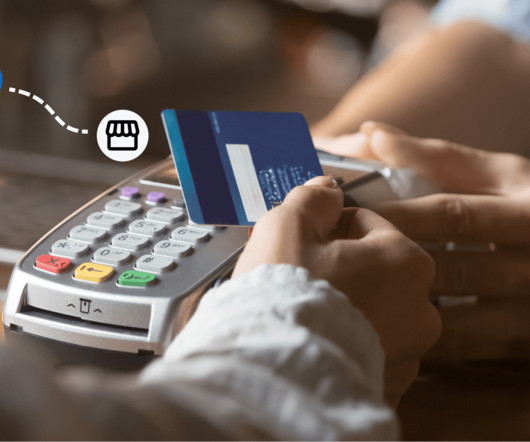How are Interchange Fees Calculated?
Stax
MARCH 13, 2025
Credit and debit cards have become the preferred payment methods for many, and it isn’t hard to see why. This small rectangular piece of plastic enables customers to ditch bulky wads of cash, making payments easier and safer. Interchange fees (or swipe fees) might appear to be just a cost merchants pay to accept card payments.



















Let's personalize your content